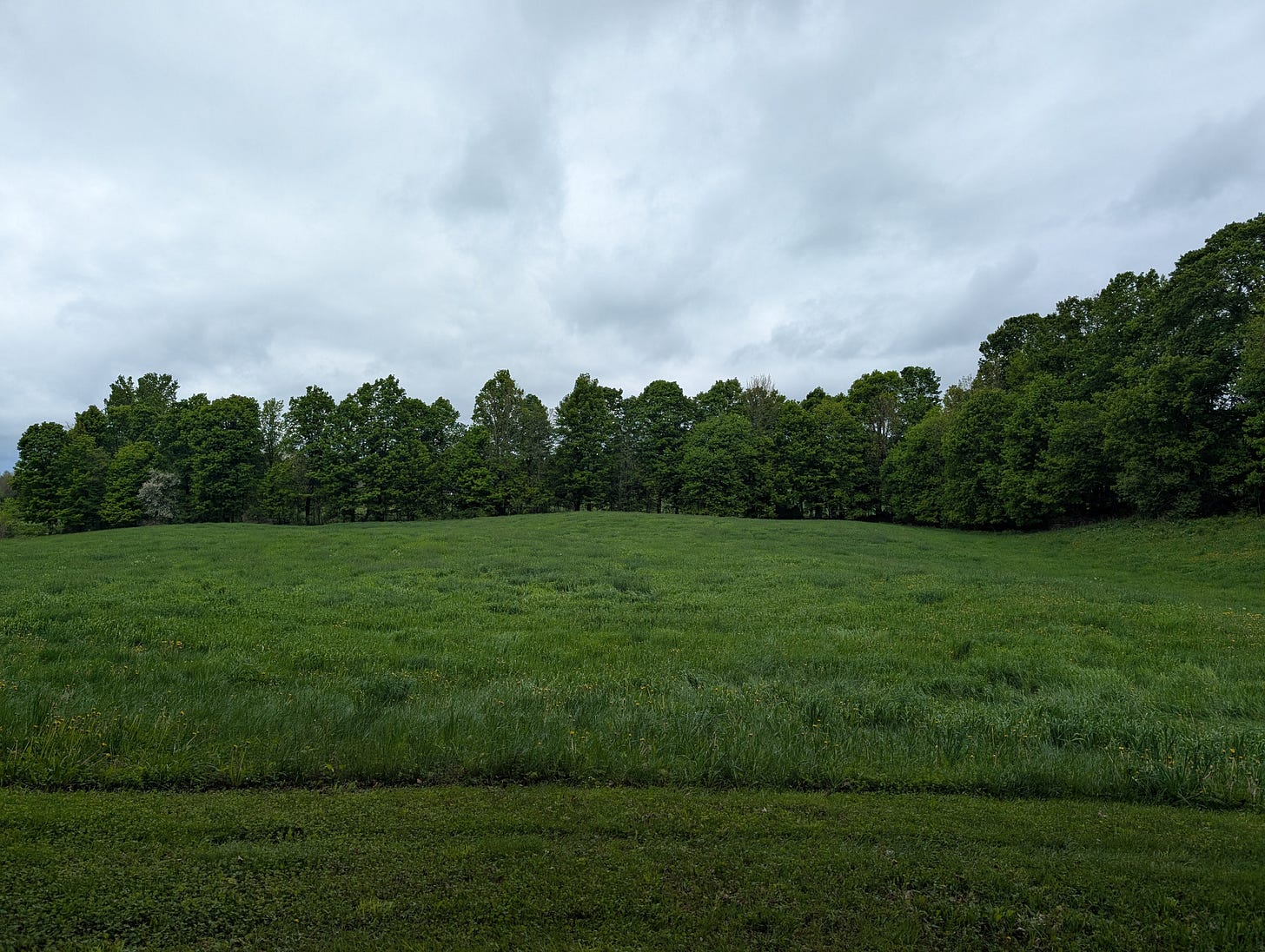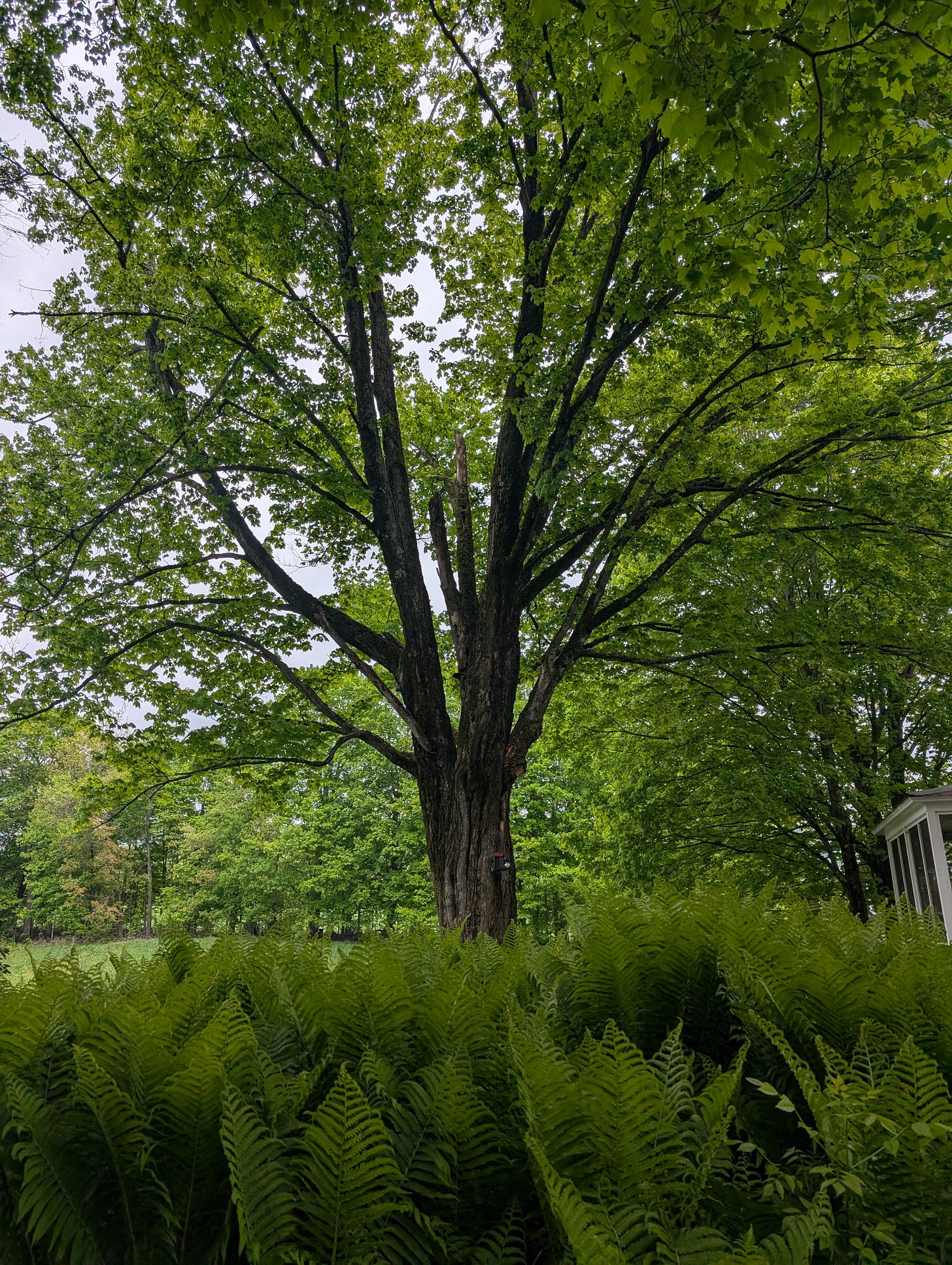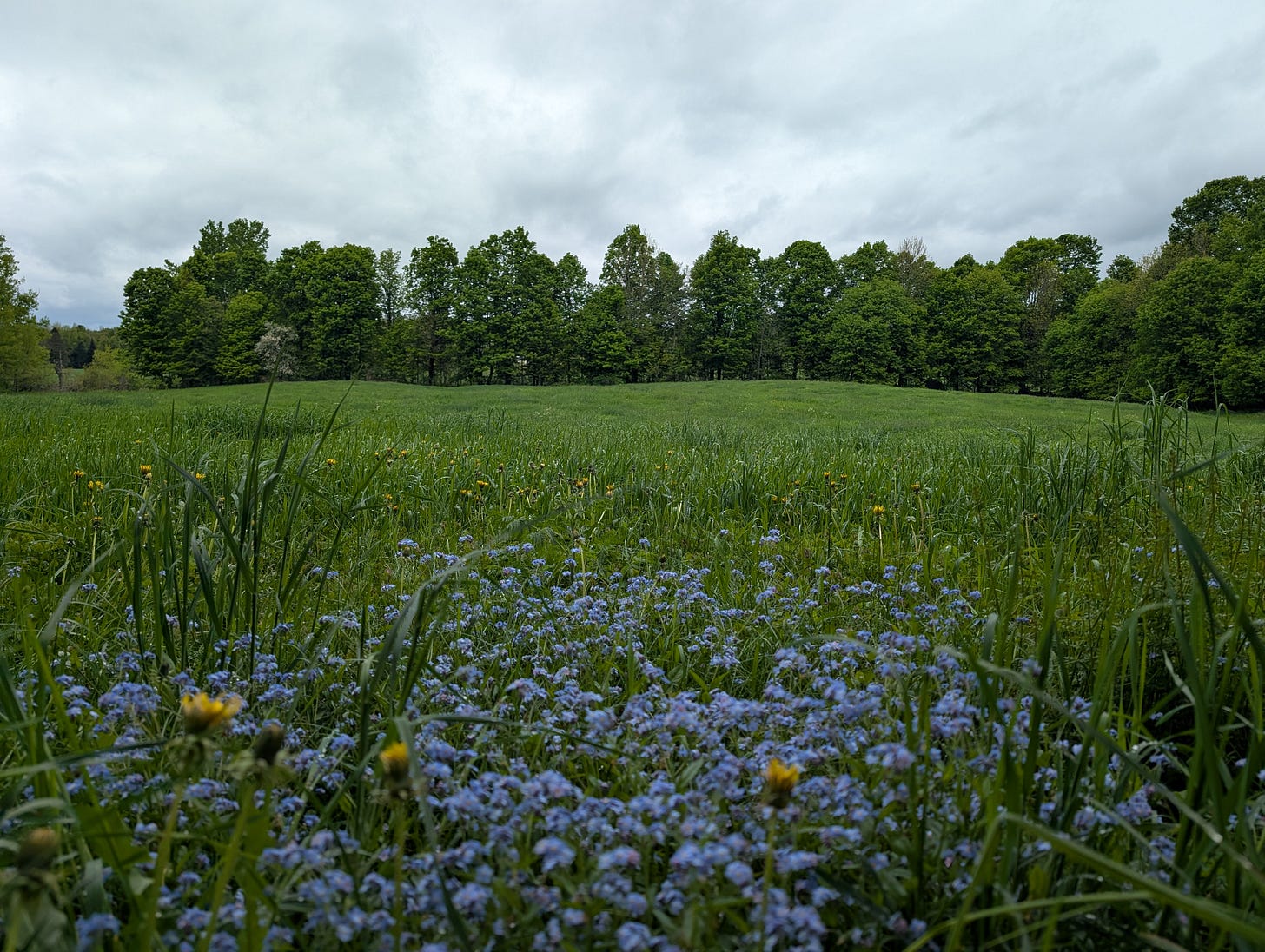How?
Getting through crisis with the Helper
My soul is bereft of peace;
I have forgotten what happiness is;
so I say, “Gone is my glory
and all that I had hoped for from the Lord.”
The thought of my affliction and my homelessness
is wormwood and gall!
My soul continually thinks of it
and is bowed down within me.
But this I call to mind,
and therefore I have hope:
The steadfast love of the Lord never ceases,
his mercies never come to an end;
they are new every morning;
great is your faithfulness.
“The Lord is my portion,” says my soul,
“therefore I will hope in him.”
Lamentations 3:17-24
And in the spirit he carried me away to a great, high mountain and showed me the holy city Jerusalem coming down out of heaven from God.
I saw no temple in the city, for its temple is the Lord God the Almighty and the Lamb.
And the city has no need of sun or moon to shine on it, for the glory of God is its light, and its lamp is the Lamb.
Revelation 21:10, 22-23
“I will ask the Father, and he will give you another Helper, to be with you forever. This is the Spirit of truth, whom the world cannot receive because it neither sees him nor knows him. You know him because he abides with you, and he will be in you.”
“I will not leave you orphaned.”
John 14:16-18a
This week, our Vermont community underwent a significant crisis. This sermon was preached in that context.
As I struggled to find the right words this morning, I turned to one of the books in the Bible that also struggles for words, one of the most classic books of grief, Lamentations. It contains five chapters of sitting in destruction, specifically, the destruction of Jerusalem.
Lamentations doesn't jump to easy answers. In fact, one of my favorite tidbits about the Bible is that all our English titles for the Old Testament books are different from their Hebrew counterparts. In Hebrew, books are often called by their first word. For Lamentations, that word is “How.” So, this short book about sitting in tragedy is simply called “How.” It’s a question that the author tries to answer but can’t.
Jerusalem was the proud city, God’s destined land, full of life and joy. It was well-protected and the majestic Temple stood tall, people flocking to it to find God. Over time, things had slowly gotten worse, if tolerably worse in a long decline, until suddenly, the conquerors came. The walls crumbled. The streets filled with blood and dust from crushed stone. Joy seemed far, far away. And the author of Lamentations meditates on the unanswerable question, “How?”
While this is a story of the destruction of a great city after the horror of an invasion, Scripture doesn’t keep it for us primarily as a historical document, but as a spiritual witness to how we might feel when part of our world has crumbled, the destruction of the life we once knew, the destruction of how things were.
And even in the midst of great pain, while pleading for God’s mercy (and not sure if they would get it), they still remembered that it is God who reigns forever. In the midst of the painful “How?”, they still turned to God.
How do we turn to God? We have a Helper, the nickname of the Holy Spirit which Christ tells us about in John 14. The Holy Spirit is the presence of God in our world which points us back to Christ. The Holy Spirit isn't our feelings, per se, although we often have a good feeling when the Holy Spirit is there. The Holy Spirit isn't our intuition, although the Holy Spirit will often aid our intuition in prayer. The Holy Spirit isn't coincidence, although the Holy Spirit certainly makes coincidences happen. Above all, the Holy Spirit is helping us know we are never alone, because the Holy Spirit points us to Jesus even when he doesn't seem to be here.
Christ said, "I will not leave you orphaned.” (John 14:18)
“You have my helper. I will not leave you orphaned.”
In the midst of it all, you are not alone.
He tells us that we are not alone even when there may not be true peace from the world anytime soon, either in the world at large with its bloodshed or in our personal world. Christ says, “I give you peace; I leave you peace. I do not give as the world gives.” (John 14:27) And this is good news. For the world's peace is often avoiding what's uncomfortable, often avoiding somebody else's pain, often saying, “Well, that's not my problem.” It's often avoiding change to maintain the status quo. But Christ's peace is that which passes all understanding, something we can't even put into words, something we might feel only for moments. It might only feel like one moment on certain days.
Even in the midst of great pain, we have a Helper, pointing us back to God, as it did in inspiring the Book of Revelation. We don't have time to delve into all the context of Revelation, but we can know that when it was written, things weren't great. It tells us of God’s triumph over evil and darkness, and it wasn't written when things were hunky-dory. John of Patmos wrote it as an island prisoner while death and destruction were reigning. There's plenty of evil reckoned with in Revelation—and it doesn't go well for evil—but the end of Revelation turns back to the triumph of Good. We turn back to God. And God wins.1
We Christians are in that double-timed place with the cross, often called “already, not yet.” We know that Christ has overcome sin on the cross, and yet we still see it in the world and live it in ourselves. We know that in the resurrection we have the new promise of life, and yet this is a painfully long marathon towards that promise, where sometimes the darkness is overwhelming. Sometimes we want to rush healing and demand that other people carry our cross.
But this is not what Christ did, and this is not how we participate in his work. He carried his cross and ours. And the Holy Spirit helps us remember that we are not alone, and on the days where we find within ourselves to participate in his work, we do it by also carrying our cross and our neighbor's cross, not asking anyone to carry someone else's cross in self-righteousness.
Whenever we are struggling, sometimes all we can do is turn and return our minds and hearts to God. No matter what is happening, when we keep returning to God, we can be patient with one another when that feels impossible. We must deal with the wrongness and the problems as best we can. But at least each Sunday at 11am, in practice for all the other days and times, we turn ourselves to God and his goodness and worship Him, finding time to even celebrate in his goodness, to rejoice that he is all that is true and beautiful and good in the world, and knowing that in the end, the gates of hell will not prevail.
“How?”
Because we are not orphaned. We are not alone. We have a Helper.
A fun old joke among preachers (and I don’t know who started it) is that the two-word summary of Revelation is “God wins.”




